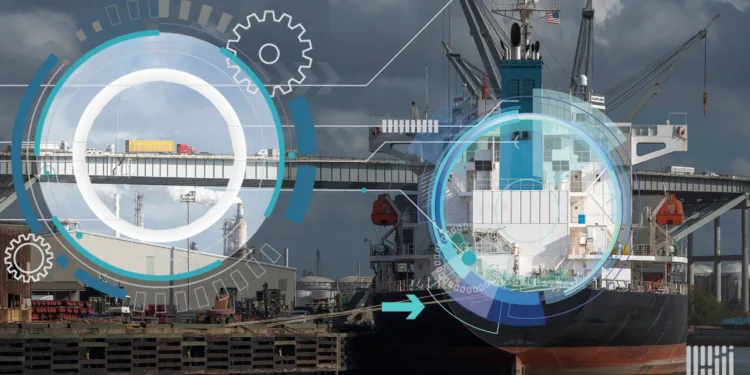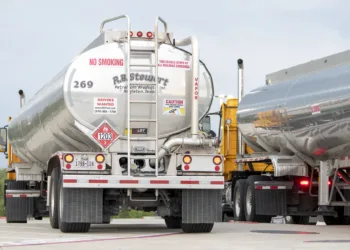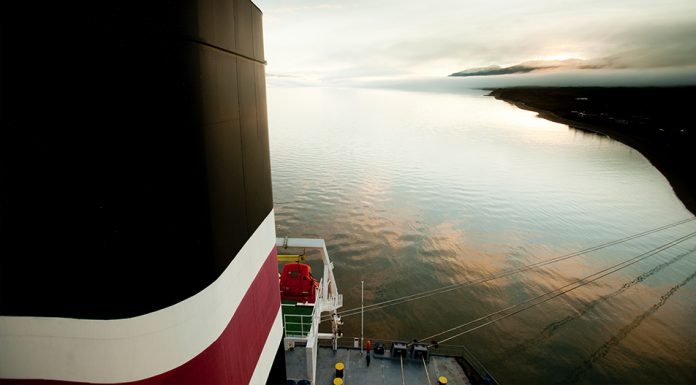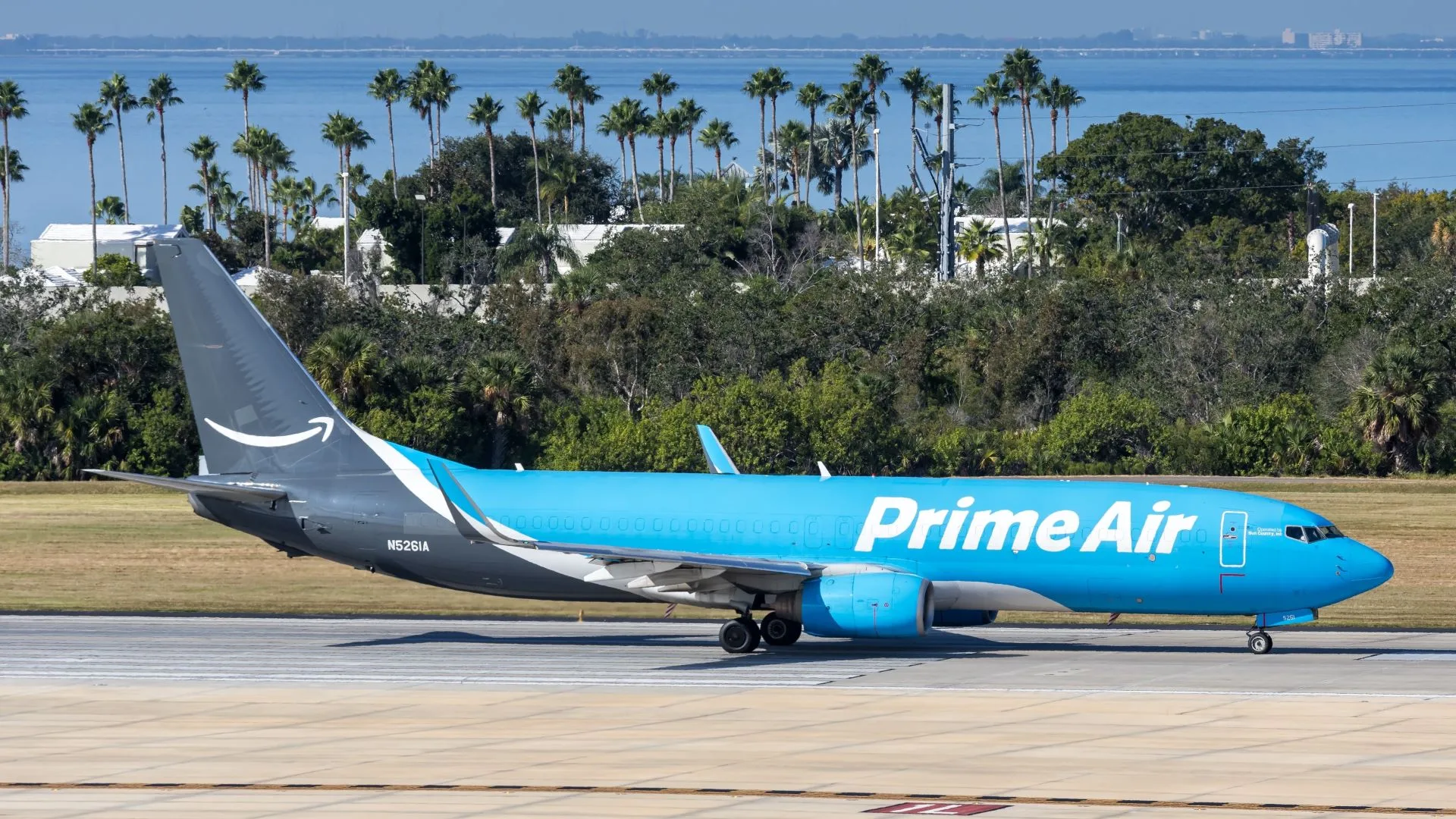ITF Group is making a bold bet on simplification. The company unveiled its ForwardNow platform, an integrated logistics and freight-forwarding solution that the company positions as a game changer in an industry too often burdened by fragmentation and opacity.
At first glance, ForwardNow may feel like the natural evolution of a modern 3PL, combining air, ocean, and road forwarding with customs, warehousing, insurance, and real-time tracking. However, ITF frames it as more than a consolidation of services: the platform is designed to eliminate blind spots, provide predictive visibility, and enable supply chain leaders to operate with “precision, scalability, and control.”
Join the leaders shaping freight’s future at
F3: Future of Freight Festival, Oct 21-22.
Network with the industry’s best and discover what’s next.
Yet the challenges the industry faces are real and escalating. Logistics and supply chain activity is projected to reach a staggering $11.23 trillion in 2025, with forecasts pushing toward $15.79 trillion by 2028. At the same time, disruptions, whether from labor shortages, regulatory changes, rising costs, fraud, or network fragmentation, are estimated to cost businesses more than $184 billion annually. Against that backdrop, a cohesive, resilient logistics architecture is no longer optional; it’s strategic.
That’s the pitch behind ForwardNow: by weaving together all major logistics pillars, freight forwarding across modes, warehousing, customs, documents, and risk protection, into a cohesive digital layer, ITF is aiming to reduce the friction that so often encumbers global trade.
According to CEO Sam Burkhan, in a news release, “By focusing on delivering real-time visibility, zero blind spots, and freight forwarding with air, ocean, and road all in one place, ITF Group is creating a new standard for how supply chain leaders engage with logistics partners.”
Of course, the promise is compelling. Real-time visibility and predictive alerts could help mitigate the cascading costs of delays, misrouted shipments, or regulatory surprises. Integrating documentation, tracking, and insurance into a single platform could save time and reduce errors. And having a unified provider across land, sea, and air movements may smooth transitions at borders and reduce coordination overhead.
This launch may well mark an important trend in logistics. Consolidation and technology-first thinking are no longer optional but imperative. The future could help reshape how companies think about their logistics partners, not as cost centers to be assembled piece by piece, but as strategic platforms to be entrusted end to end.
“Supply chains today face unprecedented challenges, from rising costs and fraud to labor shortages and fragmented providers, that create costly roadblocks,” said Burkhan. “ITF Group is solving this by combining its supply chain and logistics services into one connected network that delivers security, efficiency, and long-term scalability. This evolution in our business reflects our focus on trust, innovation, and integrated solutions that drive lasting customer success.”
The post ITF Group’s new platform tackles logistics fragmentation appeared first on FreightWaves.



















